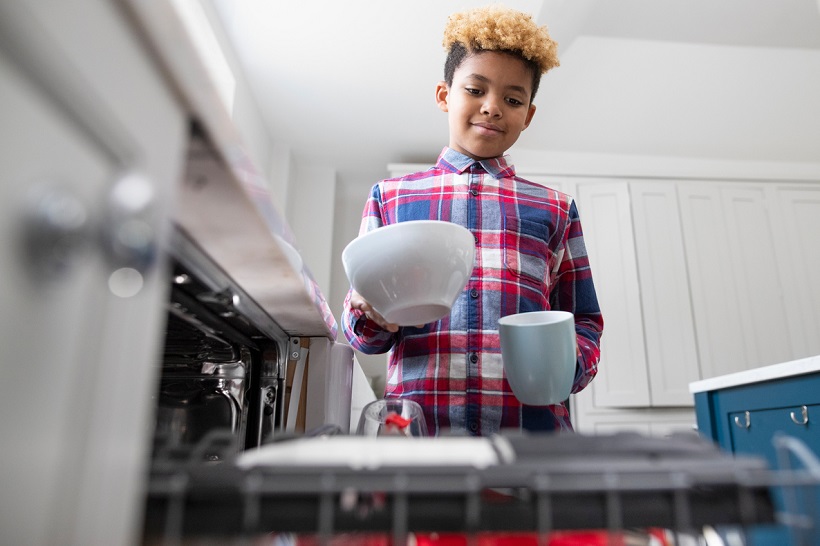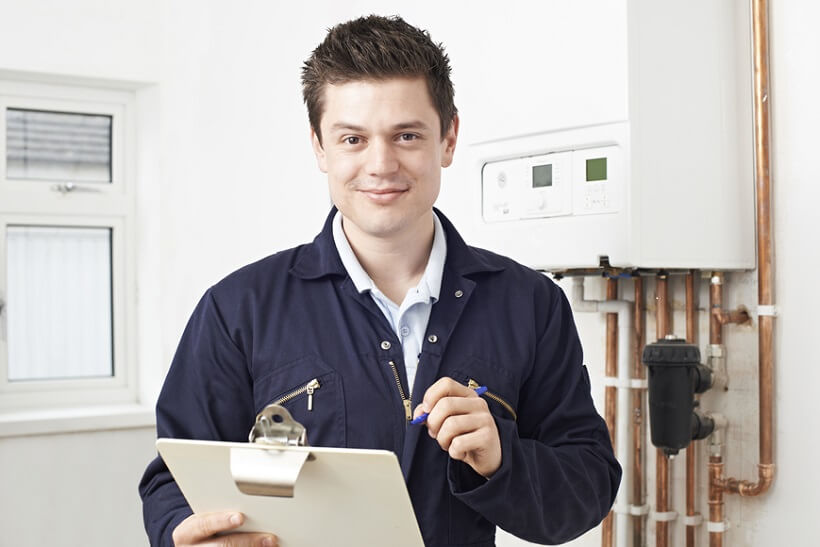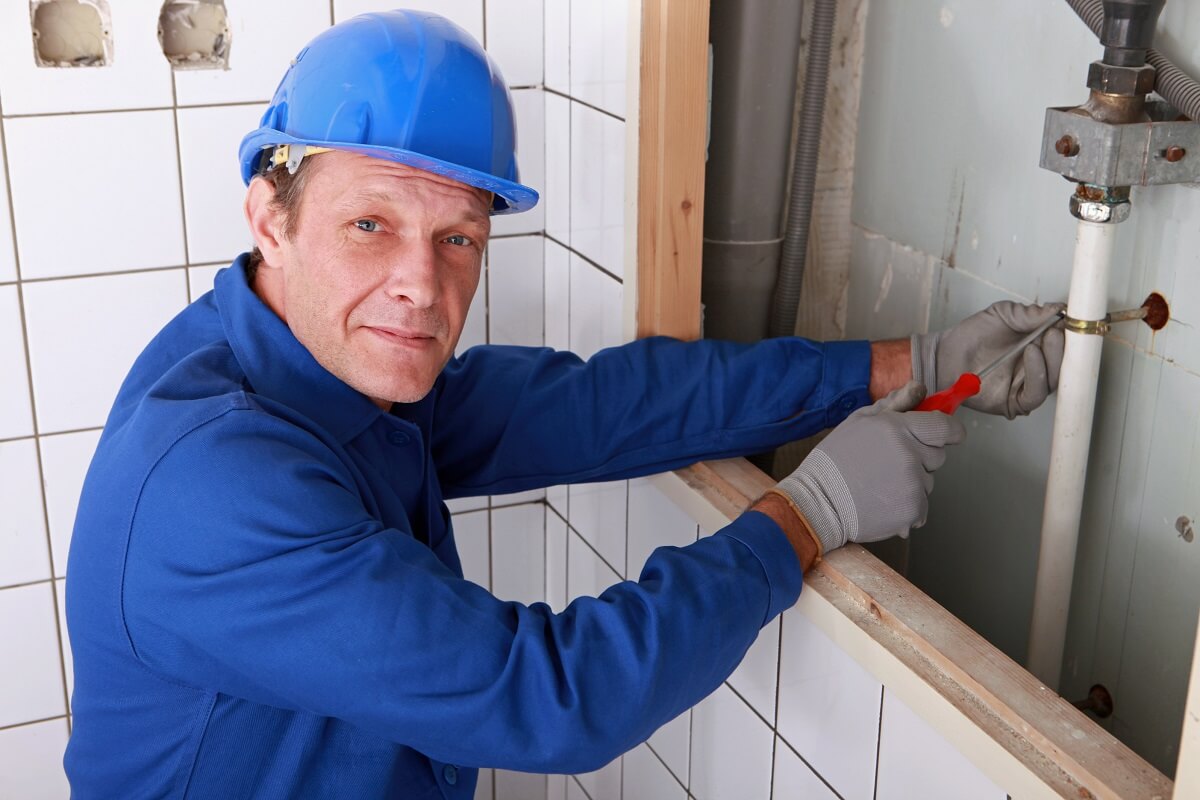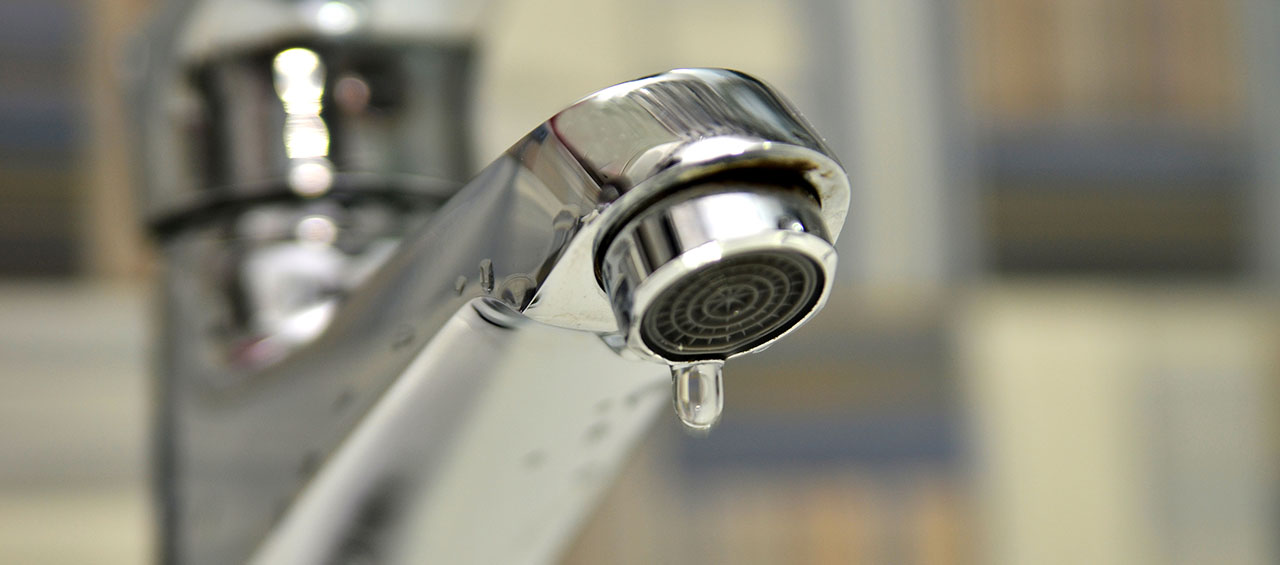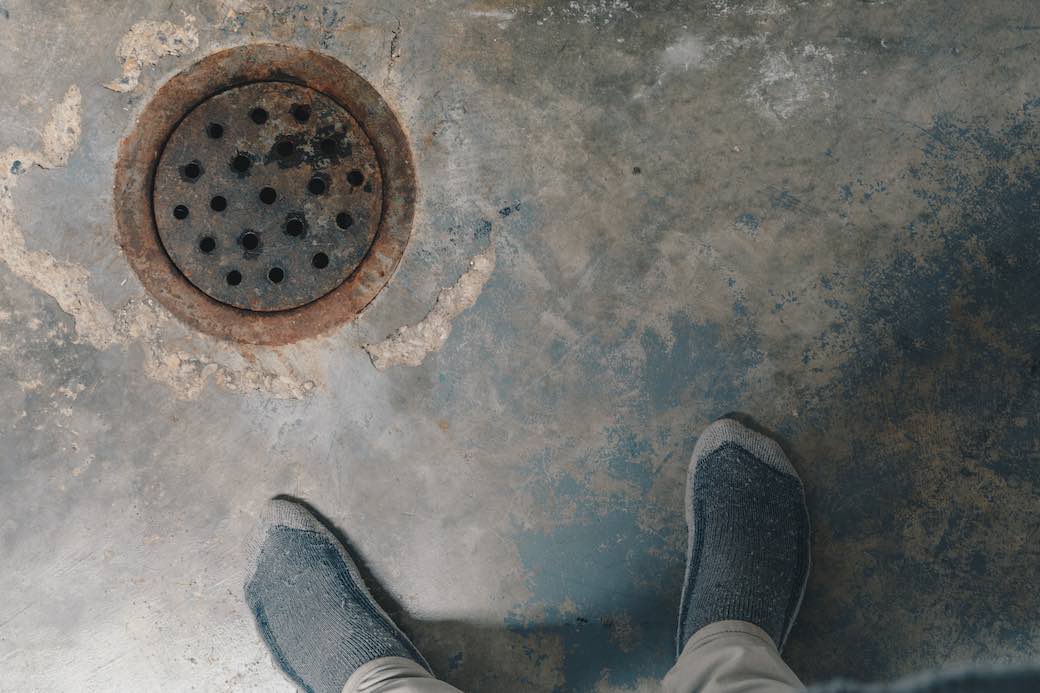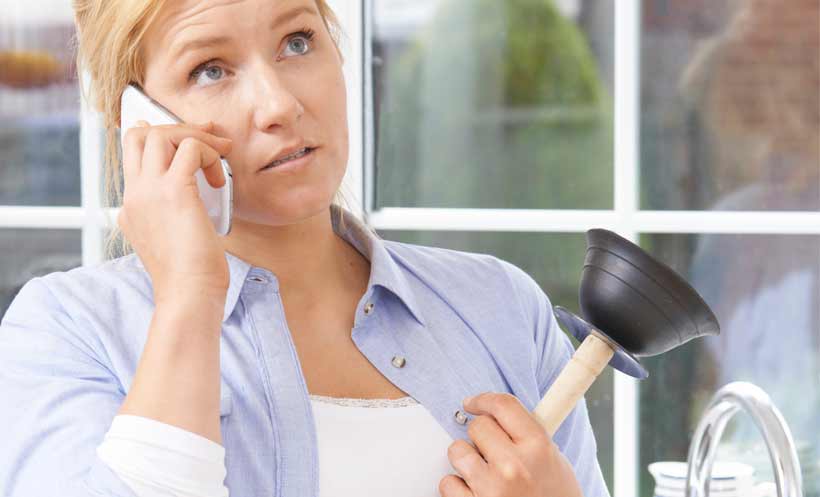When it comes to using your dishwasher, the idea of using salt (of any kind) in it might seem odd and almost as though it will damage the unit. However, when used as intended, dishwasher salt can help remove hard water or limescale stains from your dishes and make sure you don’t see any water spots as you’re emptying your dishwasher. Here’s what you need to know about dishwasher salt and how to use it in the dishwasher of your Etobicoke home.
Is dishwasher salt different than table salt? How?
Dishwasher salt has several differences from table salt, so you can’t get the two mixed up. Table salt has a much finer consistency as it is ground into much smaller granules. This can lead to clogged drains, so it’s crucial not to use table salt in your dishwasher.
On the other hand, Dishwasher salt is much thicker than table salt and will not interfere with how the dishwasher operates or cleans.
The biggest difference, though, is one that you can’t really see to compare. The chemical structure of dishwasher salt is usually 100% sodium chloride, without any additives, while table salt often has other minerals like magnesium that act as anti-caking agents.
How does dishwasher salt work?
While many people may believe that dishwasher salt will remove hard water stains or water spots on your dishes, it doesn’t work quite like this. The salt will work to reset the water softener that is built into the unit.
Some dishwashers will have water softener baskets that come with resin balls. These balls will absorb any calcium and magnesium – two compounds that will leave hard water stains on your dishes.
These resin balls will have a negative charge, and dishwasher salt has a positive charge. When used, the resin balls’ positively charged ions will be absorbed, which effectively resets them, so they are more effective in absorbing calcium and magnesium going forward.
How to use dishwasher salt
Dishwasher salt should only be used in dishwashers with a dedicated salt compartment. If your dishwasher has a built-in water softening system, it will probably have a compartment for the dishwasher salt.
To run a load with the dishwasher salt, fill up the appropriate compartment, shut it closed, and you’re ready to go.
It’s important that you don’t put the detergent into the salt compartment as it can damage the dishwashing unit. So, if you aren’t sure about whether this is an option for your dishwasher, you should consult the owner’s manual of your dishwasher to make sure you don’t ruin the unit.
If you have noticed that there are hard water stains on the dishes and silverware in your Etobicoke home, then dishwasher salt may be an option for you to try. Take a look at the manual of your dishwasher before putting the salt into it, as if it’s not meant to have the salt in it, you can do a lot of damage to the unit and clog up the hoses draining from your dishwasher.
However, if you own a dishwasher with a built-in water softener, then using some dishwasher salt can help reset the water softening unit and give you sparkling dishes every time.
Contact D. Jason Plumbing today!
Are you experiencing plumbing issues with your dishwasher? If so, contact us today and let us help you resolve the problem.
